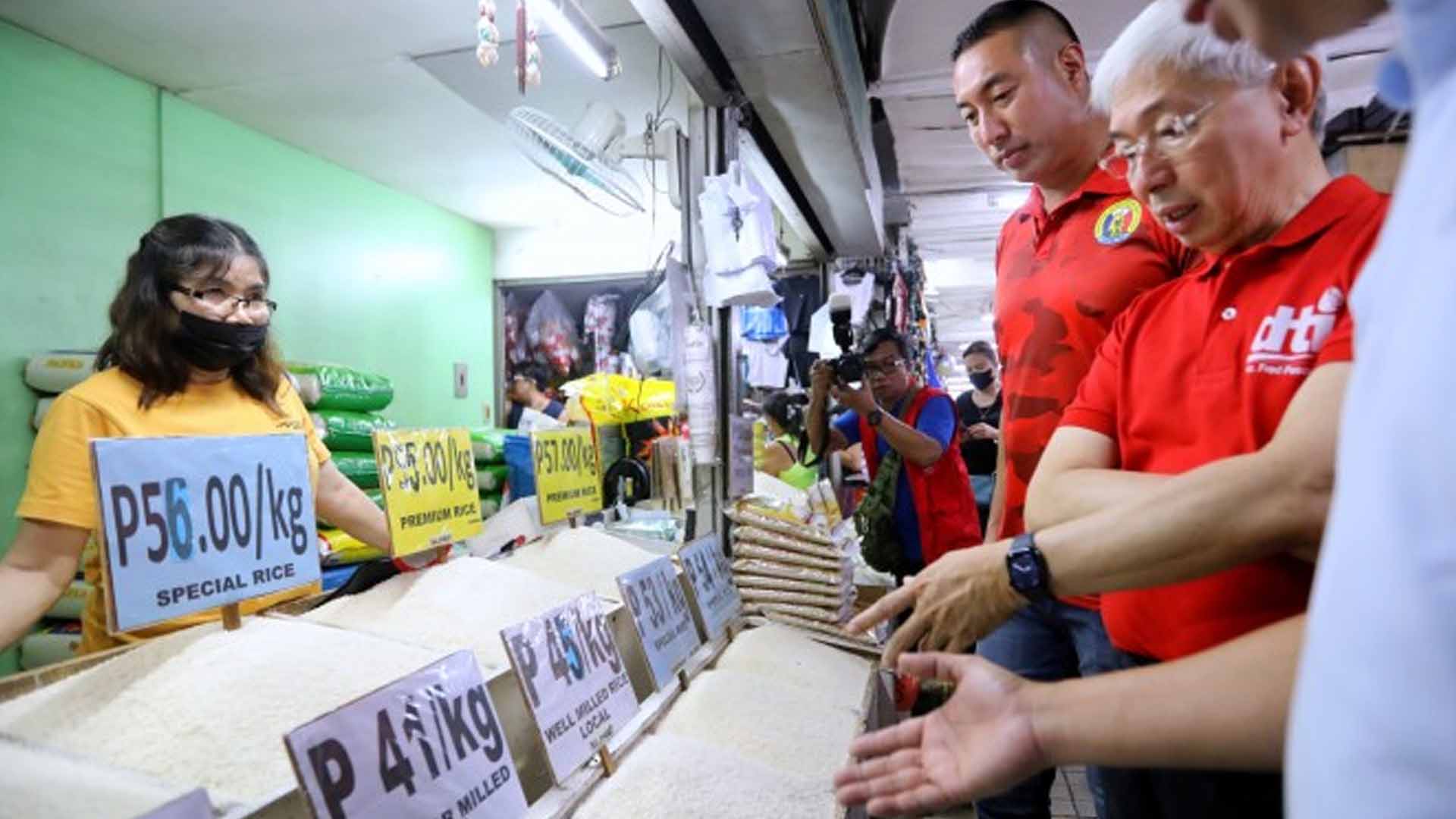Department of Trade and Industry (DTI) Secretary Alfredo Pascual said the rice price ceiling under Executive Order (EO) No. 39 will remain in effect for another two weeks before the government reviews the policy.
“Maybe in another two weeks we’ll have a good idea of the availability of supply. Within September, we are looking (at) two million metric tons (MT) and some entry of imported rice. In two weeks, we should be able to see whether we can lift the price cap already,” he said in a television interview Monday.
He said by the end of October this year, rice supply is expected at around five million metric tons (MT) as the harvest season will soon start.
“I don’t think that the situation is getting worse,” Pascual said. “But I’m confident (that) with the harvest season commencing, we are looking at five million metric tons of rice between now and by the end of October, I think we are not in a rice emergency so to speak.”
He also said the country is in talks with Vietnam, India, and Cambodia for rice importation.
At the sidelines of an event in Mandaluyong City, Pascual said based on market estimates, there is still margin between the farm price and the retail price cap of PHP41 per kilo for the regular-milled rice and PHP45 a kilo for the well-milled, should the government lift the EO.
The DTI chief said EO 39 is a success since it made available affordable rice at the designated price ceiling amid the spike in prices of rice, which happened even though there is sufficient supply in the market.
“I think that’s what’s important. I think there are maybe a few that are selling beyond the ceiling. (The) important thing, based on our findings, is that in all the localities that we’ve monitored, rice is available at the price cap,” he said.
Pascual said the DTI monitoring team has seen around 90 to 95 percent price ceiling compliance among retailers.
Aside from making affordable rice available to consumers, Pascual said EO 39 is also addressing anti-competitive market practices like smuggling, hoarding, and profiteering.
“It’s a solution that is called for given the circumstances,” the trade chief said.
“When the price cap was imposed, it was not a standalone measure. This was done alongside efforts to address issues of hoarding, profiteering, and smuggling. There are parallel efforts to take care of these anti-competitive market actions by involving a number of agencies like the Philippine Competition Commission, the Department of Justice, and the NBI (National Bureau of Investigation), and also the Bureau of Customs. These are all meant to make sure that the supply is taken care of,” he added. (PNA)








